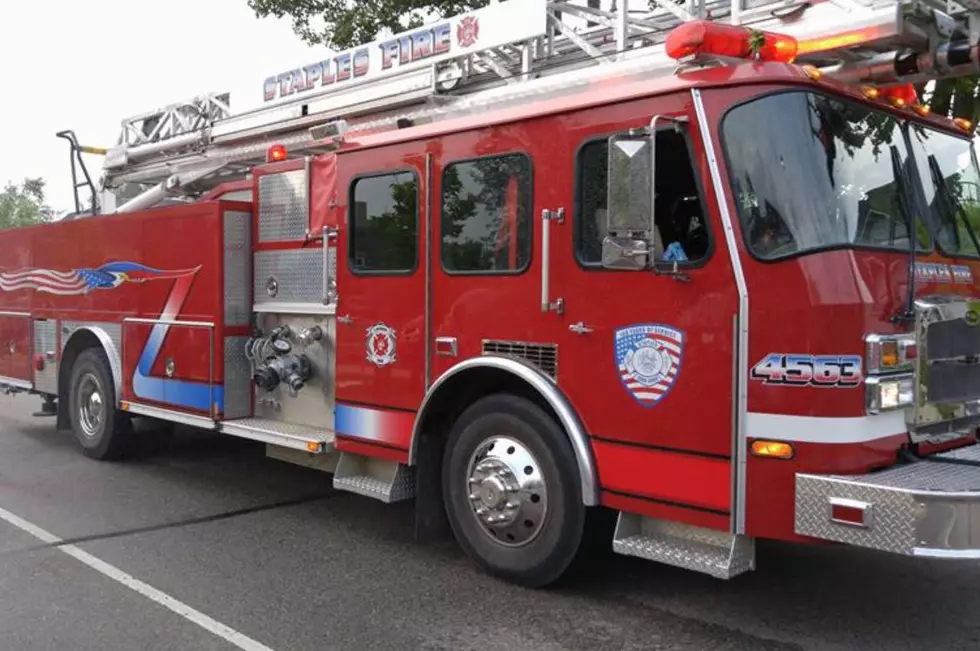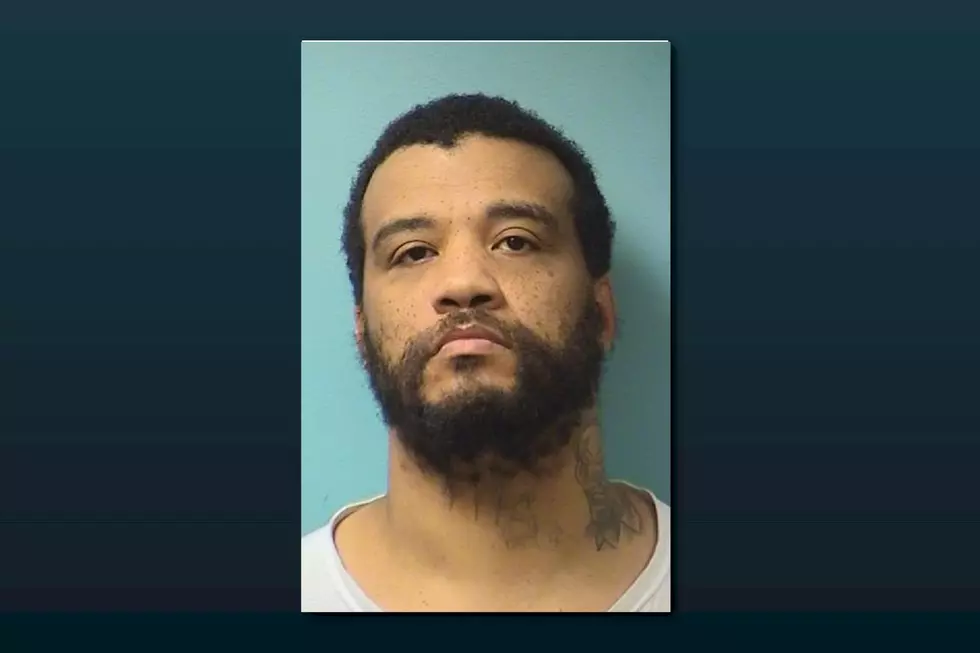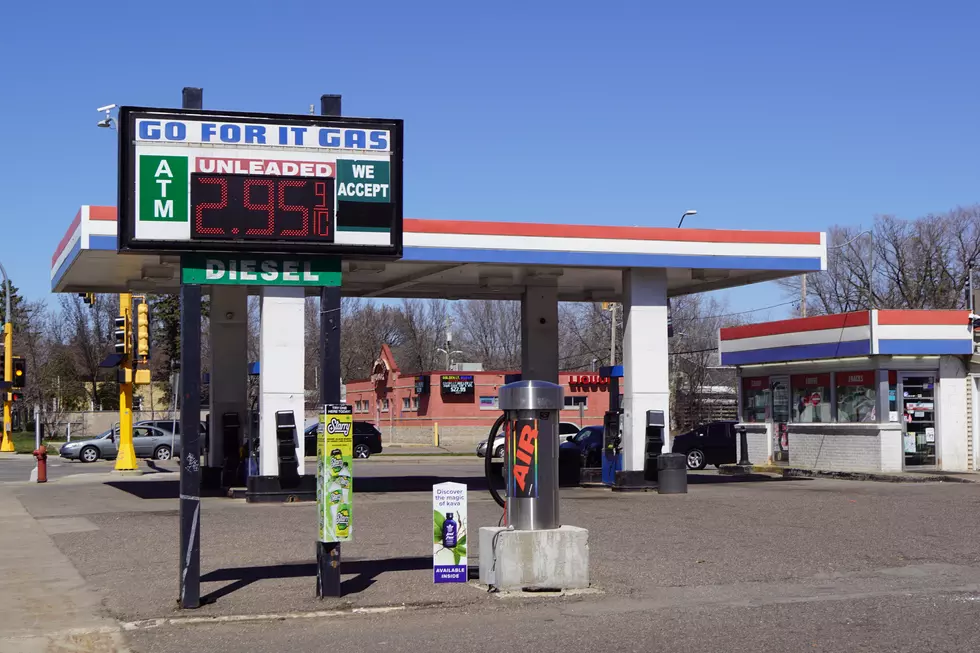
Prince Death Investigation Announcement Coming Thursday
MINNEAPOLIS (AP) — Prosecutors in the Minnesota county where Prince died said Wednesday that they're ready to make an announcement in their two-year investigation into the musician's death from an accidental fentanyl overdose.
Carver County Attorney Mark Metz was scheduled to announce at 11:30 a.m. Thursday whether anyone would be charged.
Prince was 57 when he was found alone and unresponsive in an elevator at his Paisley Park estate in suburban Chanhassen on April 21, 2016. An autopsy found he died of an accidental overdose of fentanyl, a synthetic opioid 50 times more powerful than heroin.
A confidential toxicology report obtained by The Associated Press in March showed high concentrations of fentanyl in the singer's blood, liver and stomach. The concentration of fentanyl in Prince's blood was 67.8 micrograms per liter, which outside experts called "exceedingly high." The report noted that fatalities have been documented in people with blood levels ranging from 3 to 58 micrograms per liter.
Search warrants unsealed about a year after Prince died showed that authorities searched his home, cellphone records of associates and his email accounts to try to determine how he got the drug. Authorities found numerous pills in various containers stashed around Prince's home, including some counterfeit pills that contained fentanyl. The source of that fentanyl was never determined.
While many who knew Prince over the years said he had a reputation for clean living, some said he also struggled with pain after years of intense performances. Documents released by authorities last year paint a picture of a man struggling with an addiction to prescription opioids and withdrawal, and they also show there were efforts to get him help.
Associates at Paisley Park told investigators that Prince had been "going through withdrawals, which are believed to be the result of the abuse of prescription medication," according to an affidavit unsealed in state court last year.
Just six days before he died, Prince passed out on a plane, and an emergency stop was made in Moline, Illinois. The musician had to be revived with two doses of a drug that reverses the effects of an opioid overdose.
The day before his death, Paisley Park staffers contacted California addiction specialist Dr. Howard Kornfeld as they were trying to get Prince help. Kornfeld sent his son, Andrew, to Minnesota that night, and the younger Kornfeld was among those who found Prince's body. Andrew Kornfeld was carrying buprenorphine, a medication that can be used to help treat opioid addiction.
Documents also alleged Dr. Michael Todd Schulenberg, a family physician who saw the musician twice before his death, told authorities he prescribed the opioid painkiller oxycodone to Prince but put it under the name of Prince's bodyguard and close friend, Kirk Johnson, "for Prince's privacy." Schulenberg's attorney has disputed that.
A laboratory report obtained by The Associated Press notes that one of the pills found in a prescription bottle with Johnson's name contained oxycodone.
Oxycodone, the generic name for the active ingredient in OxyContin, was not listed as a cause of Prince's death. But it is part of a family of painkillers driving the nation's overdose and addiction epidemic, according to the U.S. Centers for Disease Control and Prevention. Nearly 2 million Americans abused or were addicted to prescription opioids, including oxycodone, in 2014.
Prince did not have any prescriptions for fentanyl.
More From KROC-AM









